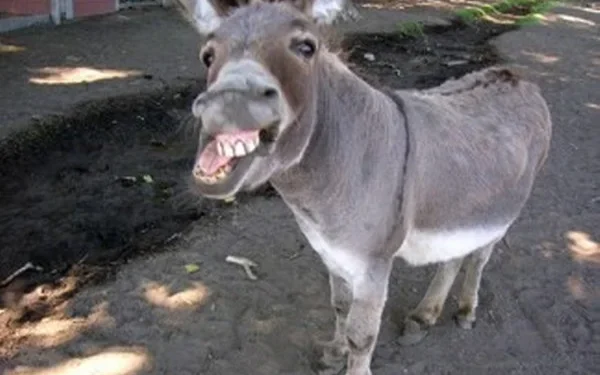Residents of Bulawayo were left disturbed by the recent discovery of skinned donkey carcasses in Cowdray Park, reigniting concerns about the authenticity and safety of low-priced “beef” sold by street vendors in the city. The viral images have caused upset stomachs among residents and prompted some to consider adopting a vegetarian lifestyle.
This unsettling development brings to mind a previous incident in 2017 when the Bulawayo City Council uncovered a homeless man, known only as Ndebele, who was selling dog meat obtained from condemned carcasses found at a municipal dump site. Ndebele had been skinning the dogs, which had been euthanized by the Society for the Prevention of Cruelty to Animals (SPCA), and selling the meat to unsuspecting individuals and restaurant owners.
The latest revelation of donkey meat being sold as cheap beef further highlights the dangers of purchasing meat from unregistered sources. One resident, Emanuel Tshuma, expressed concern about the dubious meat sold from houses and pavements in town, suspecting it to be the same cheap meat found on the streets. Tshuma called for police intervention to address the issue.
Ellen Moyo, after witnessing videos of the slaughtered donkeys, expressed her disgust and shared her newfound understanding of the city council’s efforts to eliminate unlicensed meat vendors. The shocking revelations left her nauseated, leading her to consider abstaining from consuming red meat altogether.
Mkhululi Sibanda, who was once an advocate for the succulent and affordable “beef” sold by street vendors, now feels hurt and betrayed. He remarked on the unique flavour found at these informal food outlets, which is absent in registered butcheries. However, with this new knowledge, Sibanda’s perspective has drastically changed.
Bongiwe Ngwenya, a resident of the city center, claimed that anyone who has eaten meat in Bulawayo most likely consumed donkey meat unknowingly. She defended the consumption of donkey meat by stating its popularity as a delicacy in Asian, European, and African countries, including neighbouring Botswana. Ngwenya also highlighted the supposed health benefits of donkey meat, such as its low cholesterol content, which may reduce the risk of heart disease. She humourously suggested that it should be officially recognized as a dish for the well-being of citizens.
Bulawayo’s director of health services, Edwin Nkosinathi Sibanda-Mzingwane, clarified that there is no law against selling donkey meat. However, he emphasized the importance of purchasing meat from inspected sources, such as licensed butcheries. While donkey meat is consumed in various countries without associated health risks, donkeys themselves are susceptible to diseases and tick infestations due to inadequate dipping practices.
Inspector Abednico Ncube, the spokesperson for Bulawayo’s provincial police, stated that no official reports have been filed regarding the issue. He urged the public to prioritize their safety by purchasing meat exclusively from registered butcheries.
Arthur Mujeyi, the Cowdray Park legislator, expressed his intention to engage residents in discussions about the matter, addressing their concerns and seeking potential solutions.
The recent discovery of skinned donkey carcasses has raised alarm among Bulawayo residents regarding the safety and authenticity of street-sold meat. The incident has prompted calls for stricter regulations and increased awareness among the public about the importance of purchasing meat from inspected sources.
Source MyZimbabwe









